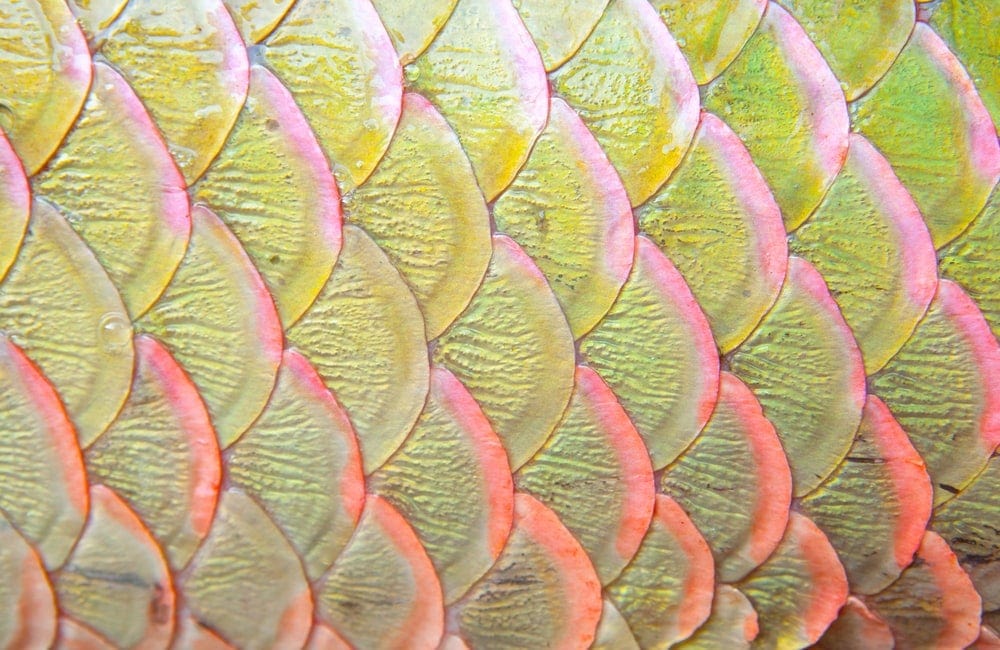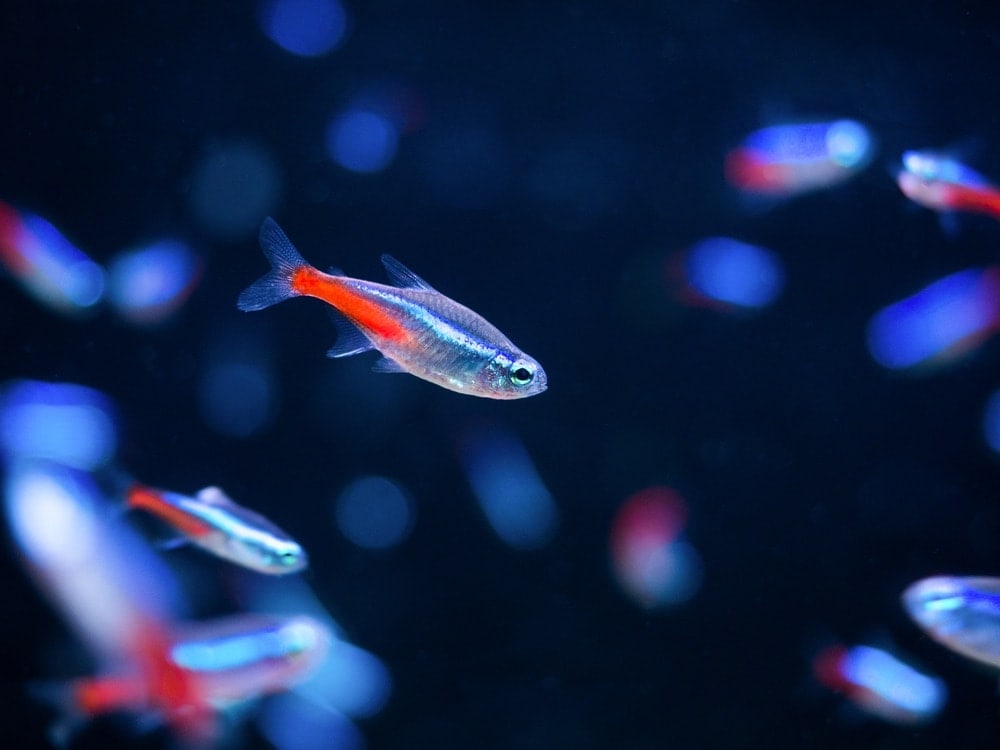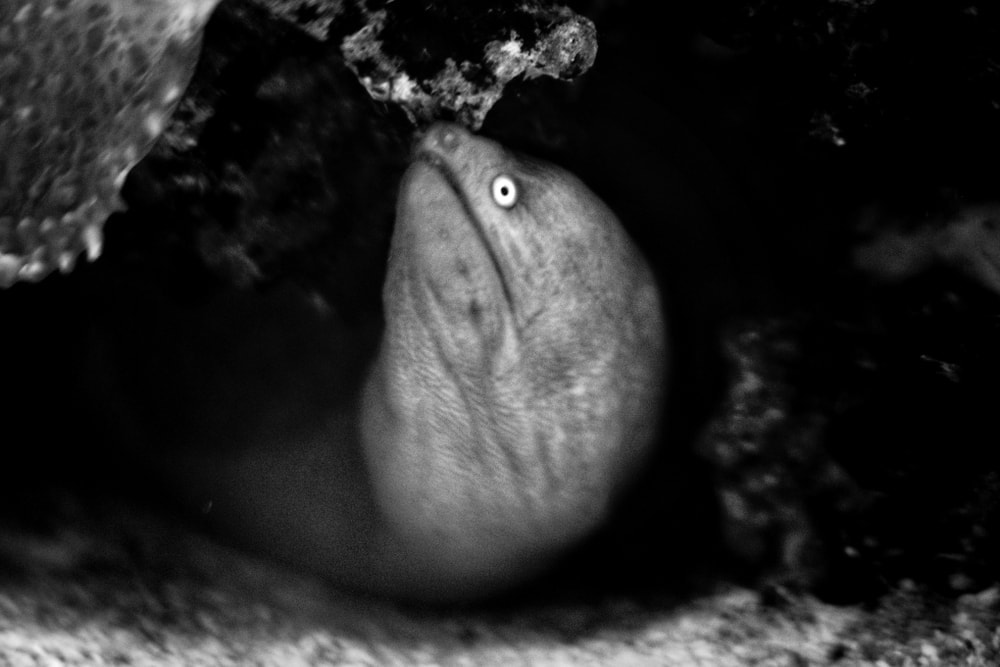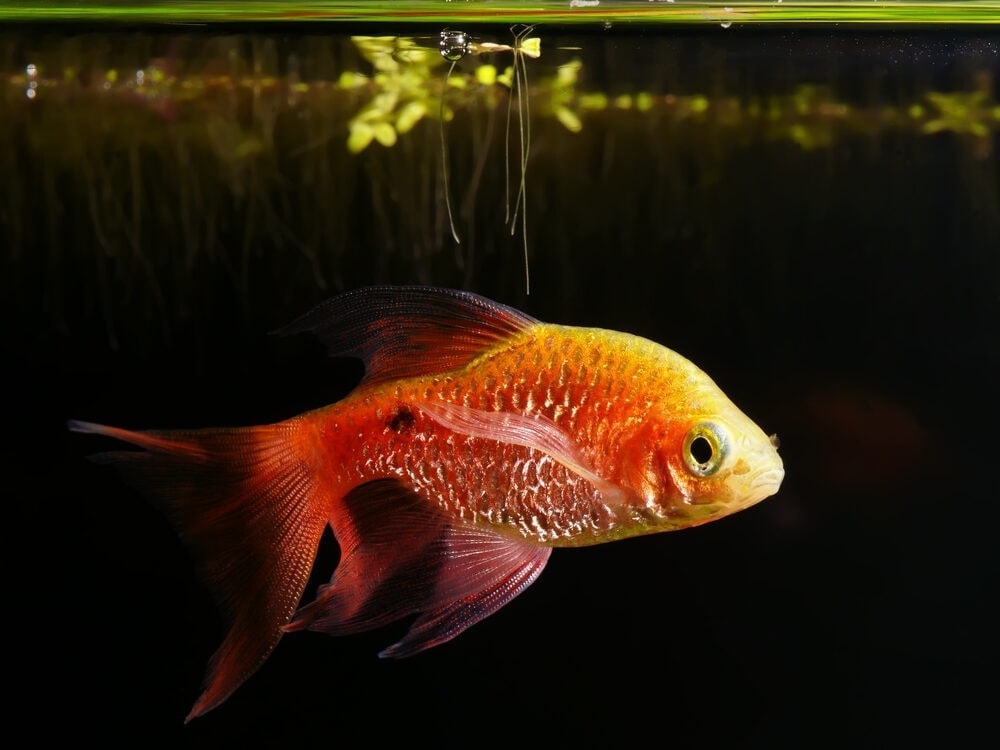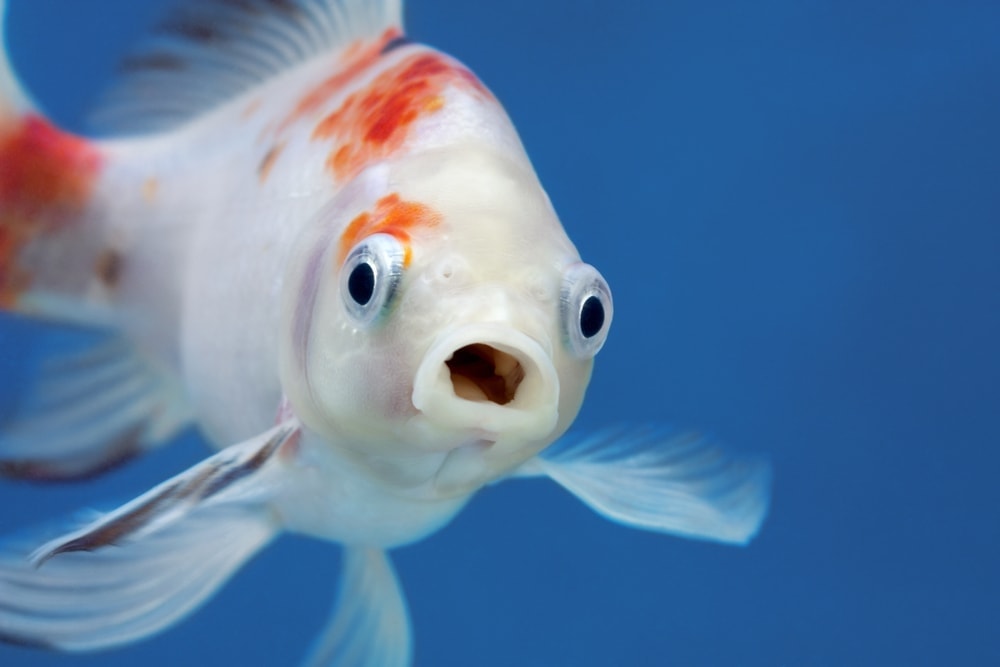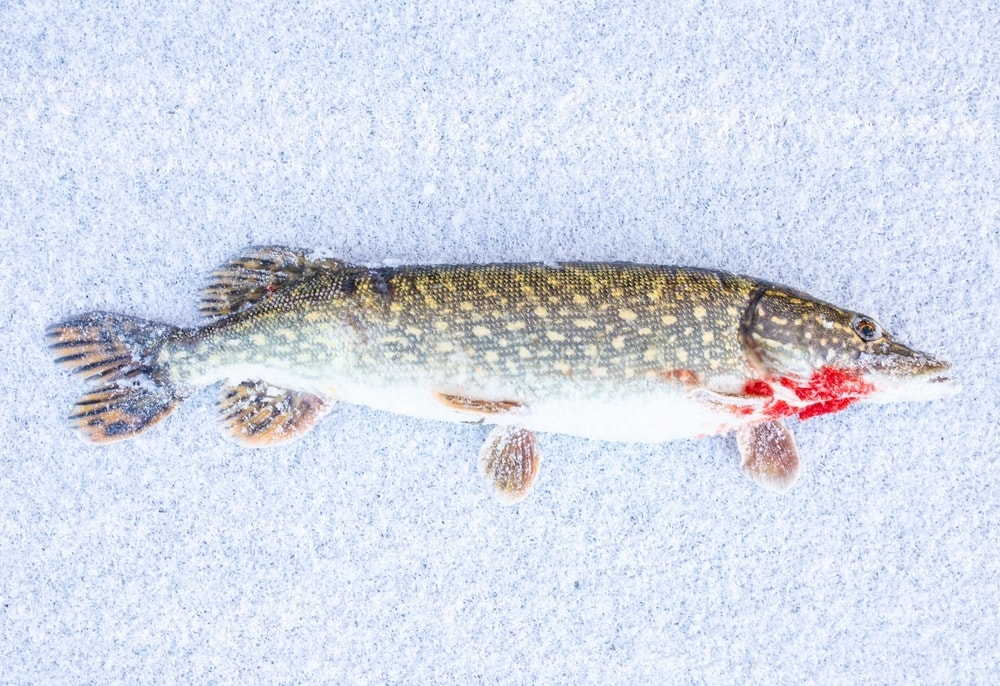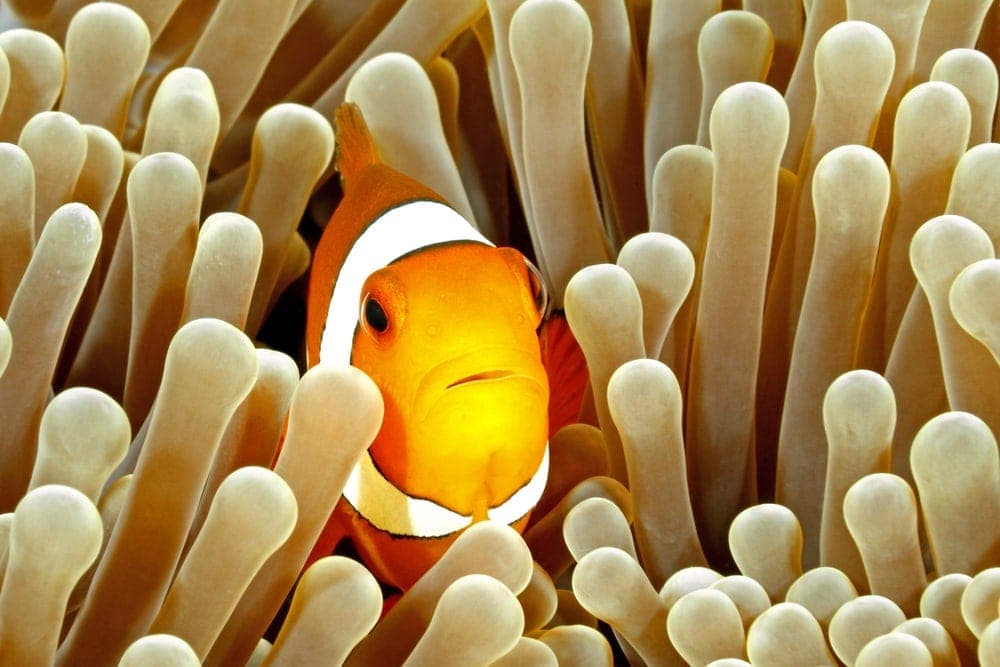You may have wondered for a long time whether fish shed their scales. Or even have you seen some floating scales in your aquarium at home? Let’s talk about this topic – for fish scales, under what conditions or at what age?
Although fish scales are quite similar to snake scales, one must understand that they are completely different animals with completely different anatomies. Fish do not need to shed their scales completely, but at the same time, you can often notice this happening, which aquariums and wild ones in the sea or in the river. So why does this happen?
Do Fish Shed Their Scales?
In most cases, yes. But we must understand that, unlike reptiles, for fish, this is not a normal process. They can sometimes shed quite a big amount of their scales and grow them back after a few weeks.
It is somewhat similar to hair loss in humans. People periodically tire quite a big amount of hair, for severe hair loss – this is a reason to see a doctor.
There are instances where fish shed their scales but do not shed them as part of normal growth. If they lost their scales as they grew they would not continue to grow.
The scales would have to be repaired or replaced for the fish to grow. Fish scales mimic the qualities of a human’s skin. The scales of a fish will grow as they get older.
The number of scales has is directly proportional to what its age is. The scales are just like the rings of a tree. The scales help to determine their age
Why Does a Fish Shed its Scales?
1. Physical Damage
- Breeding Season: As they are swimming around trying to mate with the females both species are very active. They will brush up against many objects as they are swimming erratically so this can result in physical damage, which is generally lost scales.
- Aggressive Behavior of Other Fish: Sometimes the other fish in the aquarium can become aggressive and try to harm the other fish by constantly hitting them. Generally, the fish that was attacked is the one that will lose scales.
- Decorations: It is okay to add caves and other decorations inside your aquarium but make sure that they do not have any sharp parts.
If you do have aggressive fish in your aquarium it is advisable that you keep them together in one aquarium to help protect the gentler, docile fish from being hurt and losing scales.
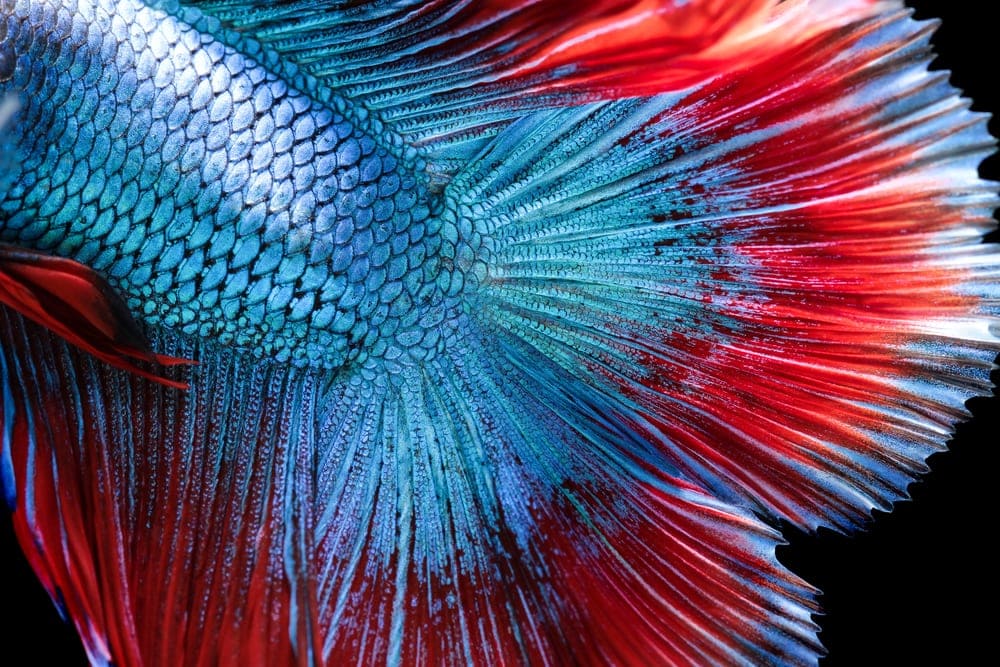
2. Infection
Having an infection will also cause your fish to shed their scales and is the second common reason for a fish to shed scales. There are so many different infections that it is too long of a list to name them.
3. Abrasions
A fish can get an abrasion by coming into contact with hard objects. It is nothing for them to brush up against something as they swim around the aquarium, especially during the breeding season. To help prevent this from happening, be sure that you do not put anything in the aquarium that has a rough surface or a sharp edge.
Scale Shedding Disease
This disease is called infectious protrusion and among aquamarine fish, this is a prevalent disease. It is caused by dangerous bacteria like Aeromonas punctuate and Pseudomonas fluorescens. It this disease is not treated, it becomes fatal.
These bacteria can be found in nature and is brought into the aquarium from natural reservoirs. When the fish that is infected in placed in an aquarium with healthy fish, the disease will spread if the infected fish is not quarantined first.
This disease can get into your aquarium via water, plants, or gravel from an infected aquarium. Another way it can spread is through transmission from equipment used in the infected aquarium.
Symptoms
The main symptoms of this disease is scale rising and scale shedding. In the beginning, the fish will look healthy but you may see some protruding scales. As the disease gets worse, more scales will start to stick up all over the fish’s body.
This is because of the formation of the small pustules or bubbles that are full of serous fluid. They form in the places under the skin where the scales are attached to the fish’s body. As a result, this leads to scales being shed or lost.
Because they shed scales, form pustules, and have scales protruding, these young fish will have difficulty breathing. The reason is that they use dermal respiration during that stage of their life instead of using their gill apparatus for exchanging gases. Unfortunately, these two specific symptoms do not always hint towards scale shedding disease.
Sometimes the protruding scales can be caused by bacteria called Mycobacteriosis or Ichthyosporidium. In order to be sure exactly what is causing a fish’s scales to shed, you will need to examine the tissue that surrounds it and the scales.
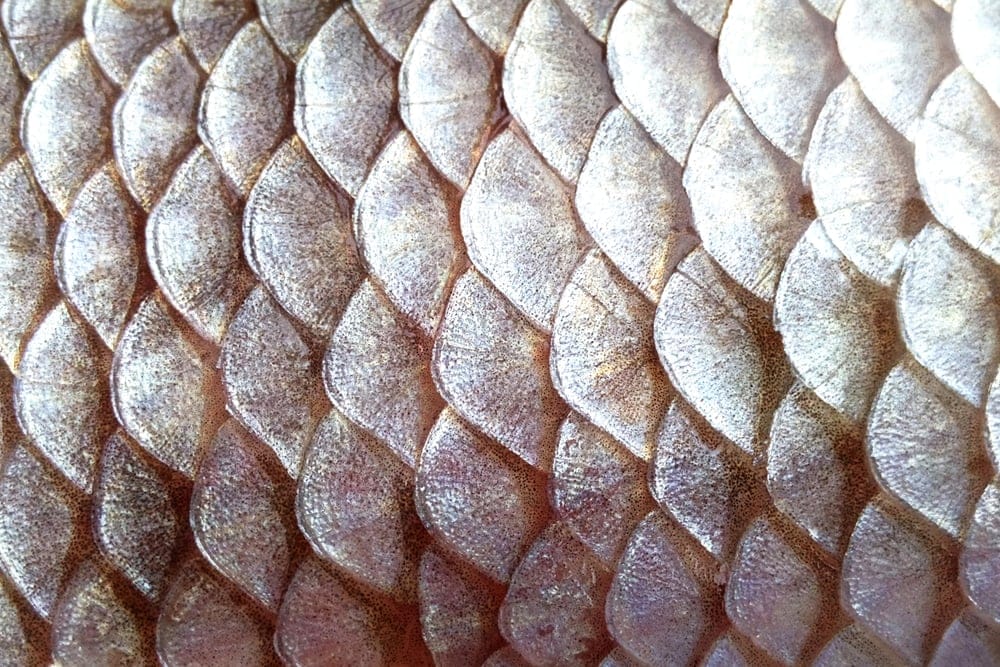
Treatment
This disease can only be treated if it is caught in the early stages. This is when the scales start to stick up in patches. Some of the things that can be used include:
- Antibiotics: These can include Sulfanilamide, Bicillim-5, and Biomycin
- Basic Violet K: This can be made to treat fish in separate aquariums.
If a fish shows extensive protrusion of their scales, they are beyond being cured so they should not be kept any longer. They should be disposed of and everything, including the equipment, fishing tackle, and aquarium needs to be disinfected.
To clean and disinfect them, you should use five percent Hydrochloric acid or Sulphuric Acid. You can also use a Chloramine solution. To disinfect the gravel you need to temper or boil it. You should use Bicillin-5 solution to treat any of the plants.
Can a Fish Grow Back Their Scales?
Even if your fish loses a large number of its scales, it is possible that they can normally grow them back but it all depends on the breed of fish. The time for them to grow back will vary according to the species. Some can grow them back in a few weeks while others it may take three to four months.
It also depends on why they shed their scales in the first place. For example, if it was due to aggressive fish and you have moved the aggressive fish to another aquarium then they should grow back. The same way if it was due to something sharp in the aquarium and it was removed, their scales would grow back or repair themselves.
If the fish are healthy and it was not an infection causing them to shed scales, then they should grow them back or repair them.
Conclusion
- It is a misconception that fish shed their scales as they grow. If nothing bad happens to a fish they will never shed their scales
- If the fish have shed a lot of scales they will probably not grow them back, or at least the majority of them.
- With scale shedding disease, if it is caught in time the fish will recover.
